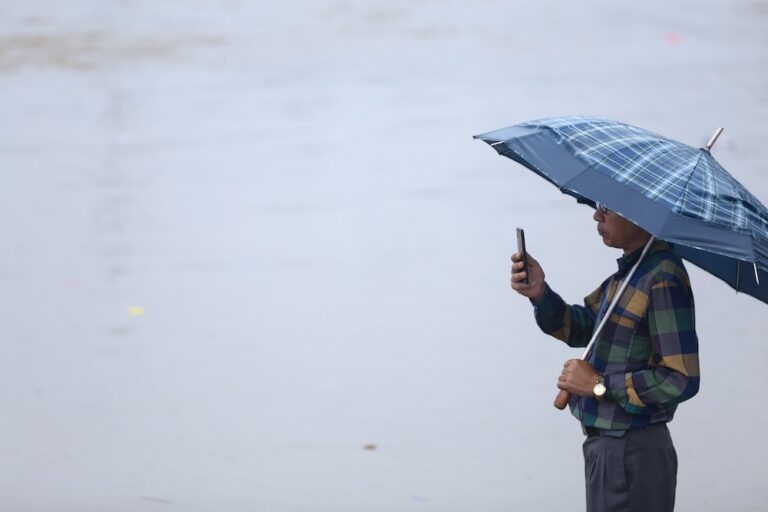(CEHURDES/IFEX) – The following is a CEHURDES press release: CEHURDES condemns government’s action leading to the closure of a radio programme Kathmandu, Nov. 16 – The Centre for Human Rights and Democratic Studies (CEHURDES), a Kathmandu-based press freedom monitoring group, condemns the government’s attempt to censor a radio programme on human rights, which has resulted […]
(CEHURDES/IFEX) – The following is a CEHURDES press release:
CEHURDES condemns government’s action leading to the closure of a radio programme
Kathmandu, Nov. 16 – The Centre for Human Rights and Democratic Studies (CEHURDES), a Kathmandu-based press freedom monitoring group, condemns the government’s attempt to censor a radio programme on human rights, which has resulted in the cancellation of the popular programme.
On Tuesday (Nov. 15), the Informal Sector Service Centre (INSEC), a leading human rights NGO in Nepal, announced that it had decided to stop airing its popular human rights education programme, which has been broadcast over the state-owned Radio Nepal for the last ten years, following increasing censorship and pressure from the government.
In a statement, INSEC Chairman Subodh Raj Pyakurel, said his organisation decided to stop the radio programme because Radio Nepal barred it from airing its programme last Saturday under the recently-enforced Code of Conduct for NGOs and INGOs.
The organisation said the said radio programme was being censored by the authorities after the royal takeover of February this year, but this was the first time that the authorities asked that the programme not be aired at all.
The radio programme, the first human rights education programme in Nepal, was regularly broadcast for the last 10 years every Saturday morning. According to INSEC, the programme was so popular that nearly 1,000 listeners’ clubs had been created across the country.
CEHURDES condemns the government’s interference in the production and transmission of this human rights programme. We believe that the incident indicates the government’s unscrupulous intention of curtailing civil rights. In a country where nearly half of the population cannot read and write, the importance of a radio programme to educate the masses can hardly be exaggerated. The government’s intimidating tactics have also barred millions of people from exercising their right to information.
The government’s action not only violates the country’s constitution, but also international human rights instruments to which Nepal is a party.
We demand that the government apologise for its actions and allow INSEC to broadcast its all-important programme without any obstacles.


